Is Eating Too Much Protein Dangerous to Your Health?
How much protein you need depends on things like your weight, age, fitness goals, activity level, and overall health.
nanadwumor
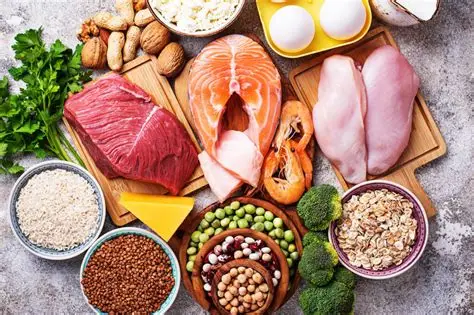
-
Increase protein? Consult a dietitian
-
Ensure diet is balanced
-
Plan tailored to your needs
RECOMMENDED ARTICLES
Experts Name 12 Common Mistakes That Can Stop You From Losing Weight. How Many Are You Culpable Of?
Tired of dieting but seeing little or no change? Most weight loss problems are not about hunger alone — they come from small daily habits that silently slow your progress. Weight loss needs...
Top 5 Common Misconceptions About Antidepressants
Antidepressants aren’t a quick fix, but understanding the truth about them can change how we see treatment and recovery. Antidepressants are misunderstood but useful in managing depression...
Health Benefits of Eating Cucumbers Regularly
Eating cucumbers can improve digestion, hydration, and overall health with very few calories. Adult women need 90 µg vitamin K daily, men need 120 µg 100 g cucumber with skin provides 24 µg...
Protein, along with carbs and fat, is one of the three main nutrients the body needs to stay healthy.
It comes in many forms and plays key roles in the body, such as carrying oxygen, supporting immunity, sending nerve signals, and aiding growth.
But can you have too much protein?
Here’s a look at what science says about protein in your diet and whether eating too much should be a concern.
Your protein needs vary based on factors like weight, age, health, activity level, and fitness goals.
The general guideline, known as the Recommended Dietary Allowance (RDA), is 0.36 grams of protein per pound of body weight (0.8 grams per kg).
However, many experts believe active people require more. Professional groups often suggest 0.54–0.9 grams per pound (1.2–2 grams per kg) daily. Athletes may need even higher amounts.
Protein needs also increase for pregnant or breastfeeding women, older adults, and people with certain health conditions. For instance, the RDA for pregnant women is 0.5 grams per pound (1.1 grams per kg).
3️⃣ Heart Disease
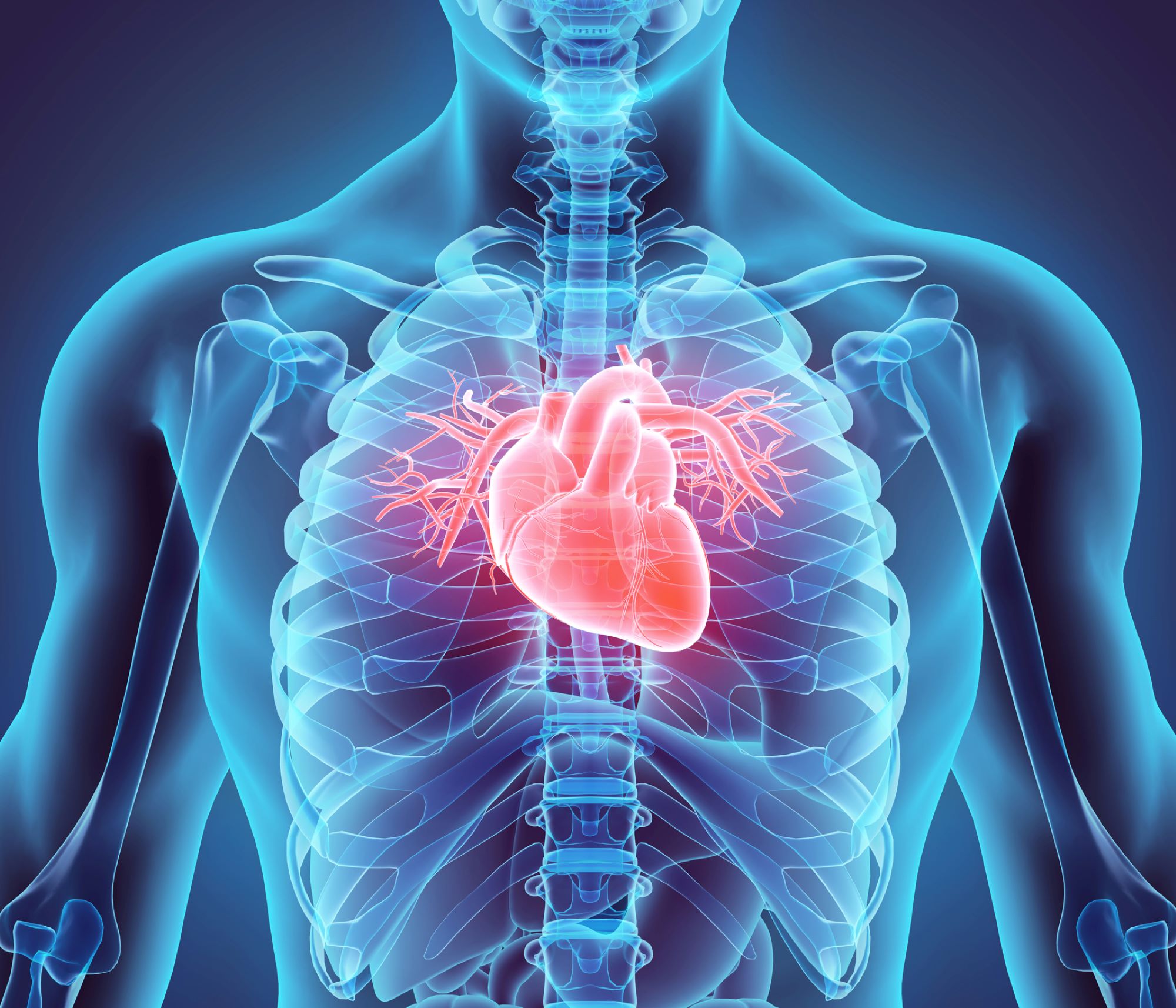

Some believe that eating a lot of protein could raise the risk of heart disease. But research does not support this concern.
One study of over 12,000 adults found no link between eating animal or plant protein and heart disease risk.
A 2020 review also reported no connection between higher protein intake and death from heart disease.
More recently, a 2023 review and meta-analysis showed no link between high protein diets and stroke, heart-related deaths, or other cardiovascular problems.
4️⃣ Bone Health
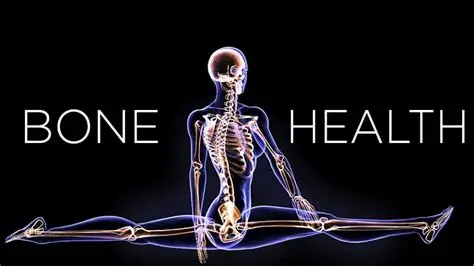

Earlier studies suggested that eating too much protein might weaken bones by lowering bone density. But newer research shows the opposite — higher protein intake may actually support bone health.
A 2019 review of 13 studies found that eating more protein than the RDA was linked to stronger bones and a lower risk of hip fractures.
Protein, together with nutrients like calcium and vitamin D, plays a key role in keeping bones healthy. In fact, protein makes up more than one-third of bone mass.
Key Point
If you plan to eat more protein or try a high protein diet, it’s best to consult a healthcare professional, such as a registered dietitian.
They can guide you in creating a balanced diet that meets your specific needs.
Join Our Telegram Group
Join Our WhatSapp Group
You May Also Like…
Experts Name 12 Common Mistakes That Can Stop You From Losing Weight. How Many Are You Culpable Of?
Tired of dieting but seeing little or no change? Most weight loss problems are not about hunger...
Top 5 Common Misconceptions About Antidepressants
Antidepressants aren’t a quick fix, but understanding the truth about them can change how we see...
Health Benefits of Eating Cucumbers Regularly
Eating cucumbers can improve digestion, hydration, and overall health with very few calories....


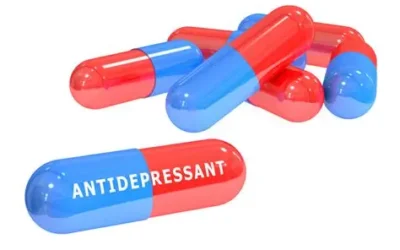

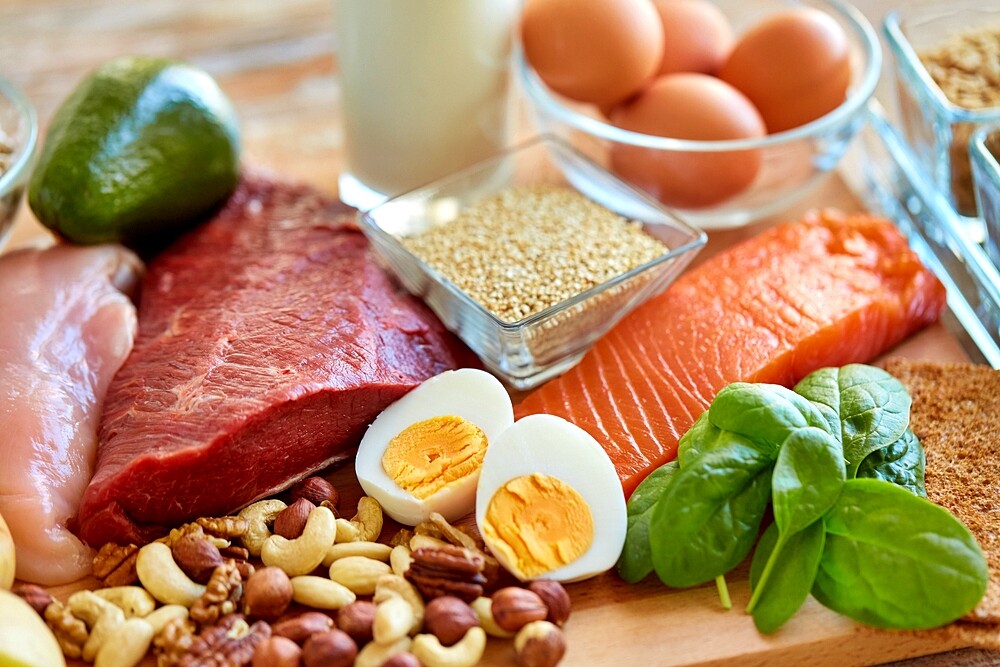
0 Comments